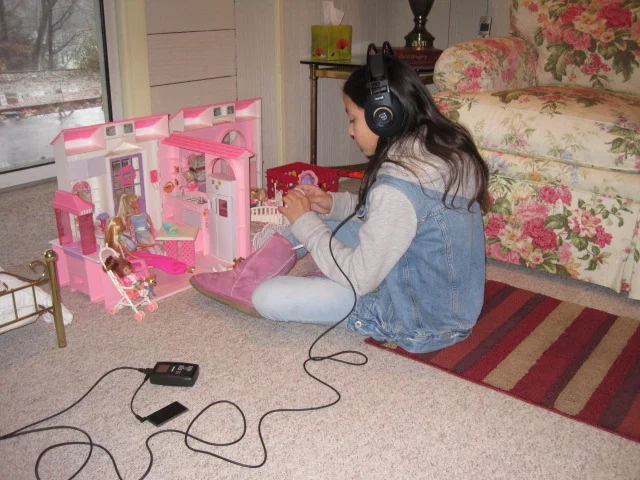First in a two part series on reading comprehension
We are all passionate about seeing our children become proficient readers because reading is fundamental to success. Unfortunately, some children who are excellent word readers do not understand what the words and sentences mean. In essence, they are not readers at all. It is to this group of dear children that I dedicate this series on reading comprehension. Yes, reading comprehension can be taught!
The greatest gift you can give your child is the joy of reading! Reading is so vital to one’s success. In fact, the statistics are clear – poor literacy leads to unemployment, poverty, and crime. Thus, we - as parents, educators, and a society – should be passionate about helping children become proficient readers.
Did you know that - on some level - the path to reading is a struggle for everyone who undertakes it? According to Pulitzer Prize winner John Steinbeck, “Reading is the greatest single effort that the human mind undertakes, and one must do it as a child.” Reading is developed in sequential stages: from Stage 0, the pre-reading stage, through Stage 5, the construction and reconstruction stage, (Jeanne S. Chall, Stages of Reading Development). Children proceed through these stages at different rates. Regardless of the differing rates, one must remember that learning to read is a process that takes time; moreover, this process occurs with sometimes imperceptible changes which cannot be measured by standardized tests. Even when it looks as if a child has stalled in his development, one must keep watering, day-by-day, with words and explanations.
For the majority of children, reading proceeds naturally to success, but for a growing number of children, the reading process takes a curious turn. While appearing to be excellent word readers (decoders), some children do not understand what the words and sentences mean. In essence, they are not readers at all! They might have mastered the external side of reading (decoding), but they lack the rich internal side of reading: thinking, visualizing, engaging, and enjoying. If children never learn to unlock the meaning of words, boredom and an intense dislike of reading will ensue.
Thankfully, reading comprehension difficulties can be corrected. In the next part of this series, I will discuss the keys which unlock the meaning of written words.
The Listening Program (TLP) by Advanced Brain Technologies is a powerful and effective tool to stimulate the brain so that it performs at its peak. It can be used across the age spectrum. I have had great success in using The Listening Program with my students to achieve reading comprehension goals. I am a Certified Provider of The Listening Program. Please contact me if you'd like to learn more.
